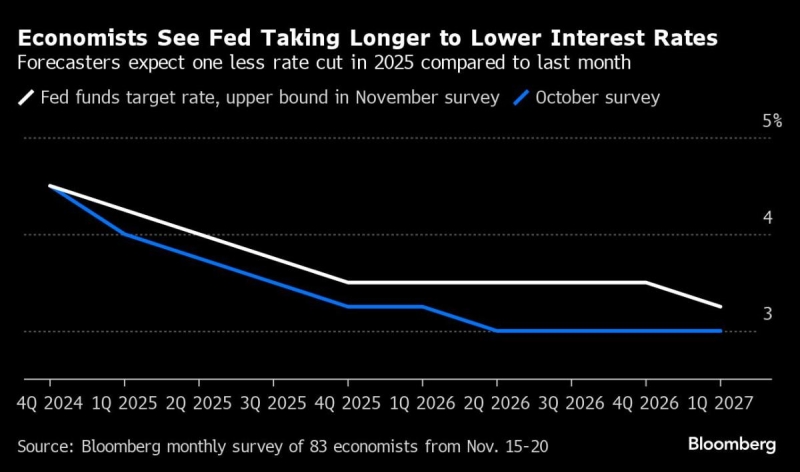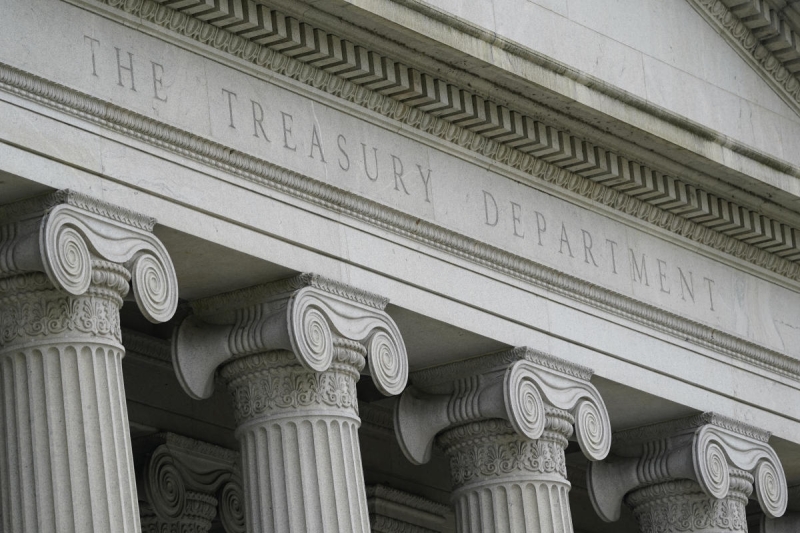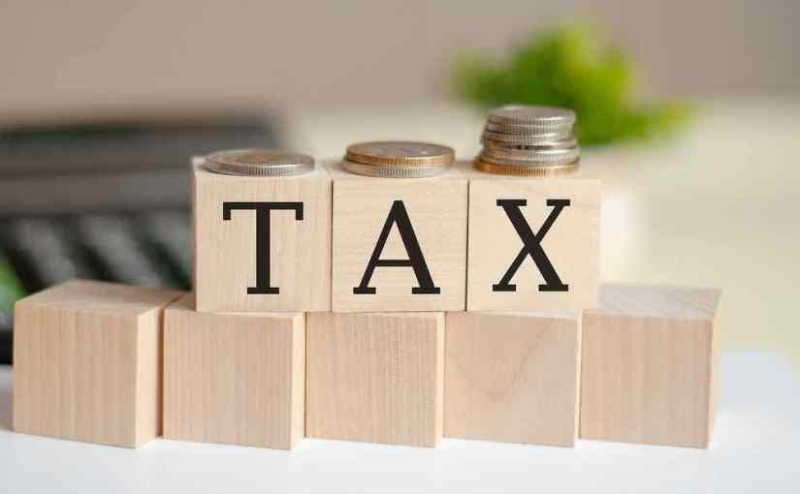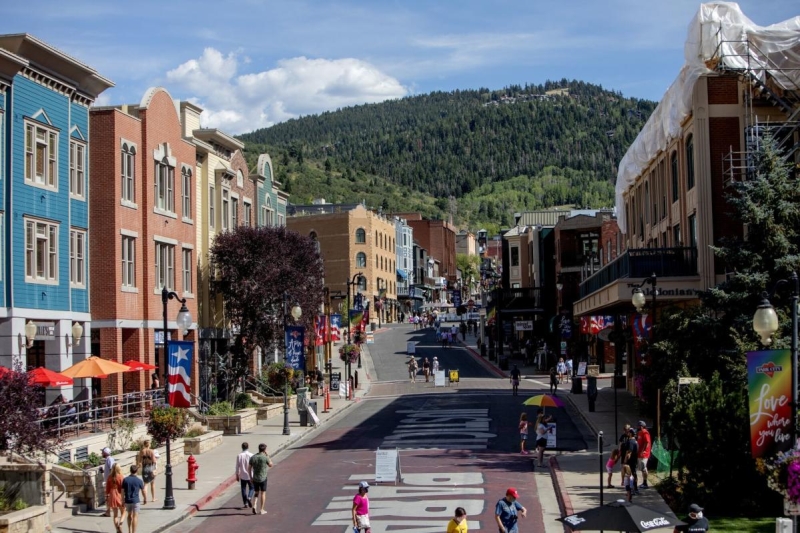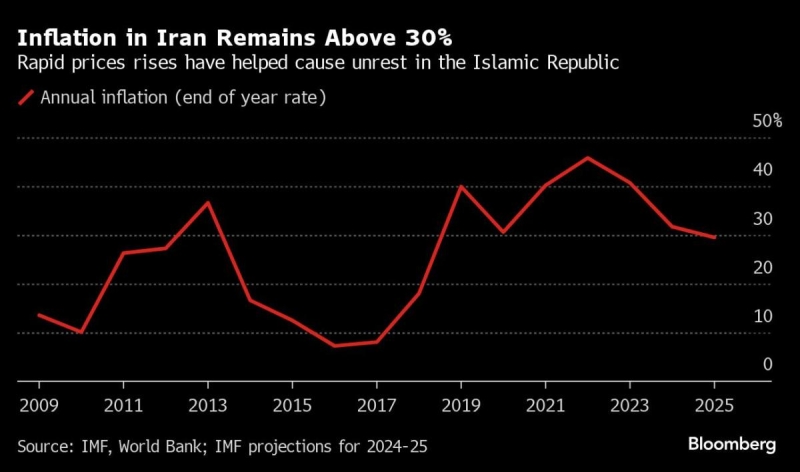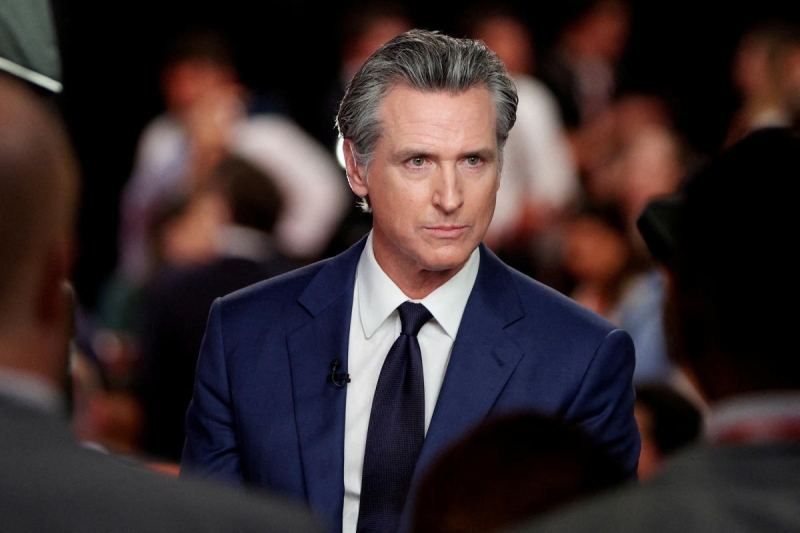
California Governor Gavin Newsom is signing into law three bills that target the misuse of video, audio, and images created by artificial intelligence in a sweeping effort to crack down on election deepfakes.
Newsom had vowed to pass the legislation after billionaire tech CEO Elon Musk recirculated a deepfake video on his platform, X, in July featuring altered footage of Vice President and Democratic presidential nominee Kamala Harris.
The governor signed the bills during a fireside chat with Salesforce (CRM) CEO Marc Benioff at the annual Dreamforce conference in San Francisco on Tuesday.
And AB 2839 prohibits individuals from creating or publishing deceptive content about candidates and election workers, made with AI, in the 120 before and 60 days after an election. The measure also allows a judge to order the content to be removed and issue a fine. The measure contains an urgency clause – taking effect immediately.
The fake Harris audio shared by Musk reached nearly 140 million views over the summer. In the deepfake, Harris's voice is altered to say, “I, Kamala Harris, am your Democrat candidate for president because Joe Biden finally exposed his senility,” adding that she was chosen “because I am the ultimate diversity hire” as “both a woman and a person of color.”
The video featured edited clips from past appearances by the vice president, but used an AI-generated voice. The YouTuber who originally posted the video disclosed that it was a parody. But Musk did not label the content as misleading, instead writing, "This is amazing." The post was an apparent violation of X's rules.
At the time, Newsom clapped back at Musk, posting on X, "Manipulating a voice in an 'ad' like this one should be illegal. I'll be signing a bill in a matter of weeks to make sure it is."
California has taken the lead on regulating AI by introducing a wave of legislation this year. Despite fears of overregulating the emerging technology, analysts view the new laws as a move in the right direction.
"I think it'll be a positive and will also make people more comfortable advertising on those platforms," Harvest Portfolio Management chief investment officer Paul Meeks told Yahoo Finance.
"Over the last several years, all of the protections have come from the European Union. We live under these 1996 regulations and haven't changed them ever since then. We essentially play second fiddle to the EU on this stuff — we probably should be the leader."
Newsom also signed two SAG-AFTRA-related bills — AB 2602 and AB 1836 — aimed at protecting performers from unauthorized AI use. Last year, members of SAG-AFTRA went on strike against major studios and streamers. The performers claimed victory when their new contract offered compensation for the use of their "digital doubles."
Perhaps the most controversial AI bill still sitting on Newsom's desk: SB 1047. The artificial intelligence measure, introduced by Democratic Senator Scott Wiener, would require large-model AI developers to undergo safety testing before deploying the technology.
SB 1047 has deeply divided the tech and political communities — many of whom argue it'll stifle innovation. Supporters say it'll force tech companies, including OpenAI, Meta, and Google (GOOG), to be aggressive in making sure new AI features are safe.
While Newsom hasn't indicated whether he plans to sign or veto that bill, insiders say he may side with longtime ally former House Speaker Nancy Pelosi, who criticized it.
Yasmin Khorram is a Senior Reporter at Yahoo Finance. Follow Yasmin on Twitter/X @YasminKhorram and on LinkedIn. Send newsworthy tips to Yasmin: yasmin.khorram@yahooinc.com
